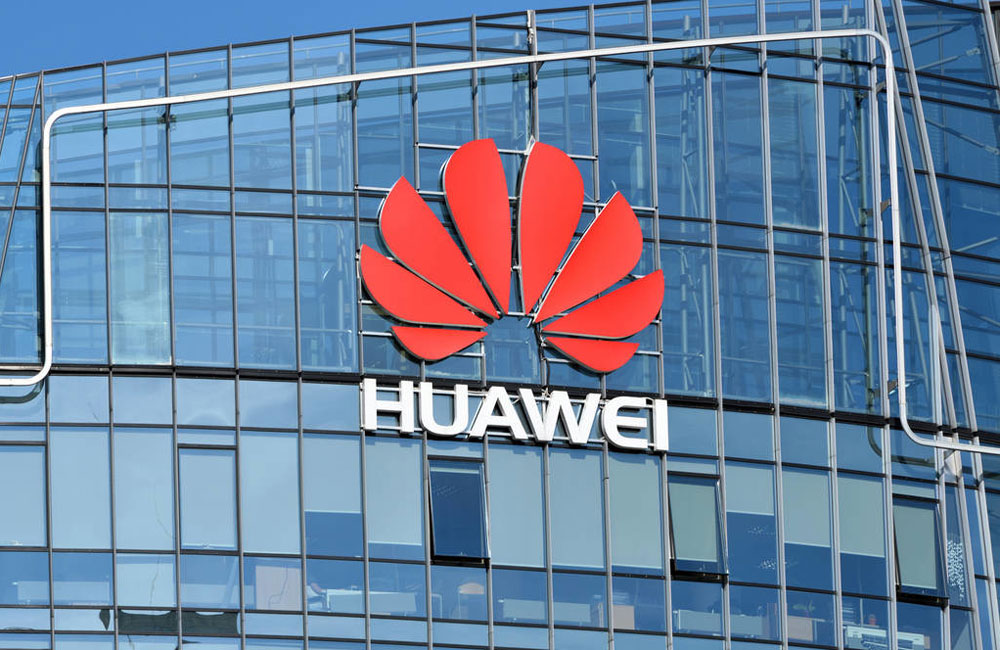Suppliers from worldwide state support for Huawei


Huawei Technologies Co is securing support from some key suppliers and customers amid the announced United States government restrictions on the Chinese telecom giant.
Panasonic Corp said on its China website on Thursday that it is continuing to supply components to Huawei despite reports that it will cut cooperation.
Taiwan-based TSMC, the world's biggest contract chipmaker, said its shipments to Huawei have not been affected by the US ban on the latter's access to US components, Reuters reported on Thursday.
On Monday, the US Department of Commerce issued a 90-day temporary license, effective until Aug 19, allowing "specific limited engagement in transactions involving the export, reexport, and transfer of items" to Huawei.
Some analysts said the US moves against Huawei will lead to strong support for the unlisted Chinese firm as Huawei is working hard to offset the fallout of the restrictions.
Xiang Ligang, director-general of telecom industry association Information Consumption Alliance, said TSMC's commitment to continue shipping products is of strategic importance to Huawei. "TSMC produces most of Huawei's chips. Only with its cooperation is it possible for Huawei to have a Plan B in stocking in-house processors in order to offset fallout from the US ban on its access to US chips," Xiang said.
He said the move by Panasonic also showcases that the Japanese tech company is not willing to surrender to political pressure from Washington, after earlier reports that it had stopped shipments of certain components to Huawei. The firm bought $6.3 billion worth of products including batteries and electronic components from Panasonic in 2018, according to Nikkei Asian Review.
United Kingdom-based mobile operator EE said on Wednesday that its 5G network in the UK would rely on equipment made by Huawei.
Foreign Ministry spokesman Lu Kang said on Thursday that enterprises in any country will not disregard their own interests and blindly follow other countries' "political command".
"Most countries have always been highly alert to US government acts of resorting to state power to crack down on companies in other countries, disrupt markets and obstruct mutually beneficial cooperation between other countries," Lu said.
But the positive development is also accompanied by some concerns. A string of Japanese carriers, including NTT Docomo, said they were also considering delaying the launch of Huawei's new smartphones. Their hesitance is due to uncertainty about Google's previous announcement that it would restrict Huawei's access to updates of the Android operating system in compliance with a US ban.
EE also said it is delaying its launch of Huawei's 5G smartphones.
Jia Mo, an analyst at Singapore-based market research company Canalys, said the delayed product releases in certain markets will harm Huawei's smartphone business, but Huawei is working on its own mobile operating system, which can help relieve some pressure in the domestic market.
On Thursday, in response to media reports that UK chip firm Arm Holdings told its staff to suspend dealings with Huawei, Ren Zhengfei, CEO of Huawei, said in an interview with Chinese financial media website Caixin that his company has acquired a permanent licensing of the ARM architecture, the basis for Huawei to design its chips.
Arm China also said in a reply to China Daily that "we are in active communication to find appropriate solutions that comply with current laws and regulations".




































